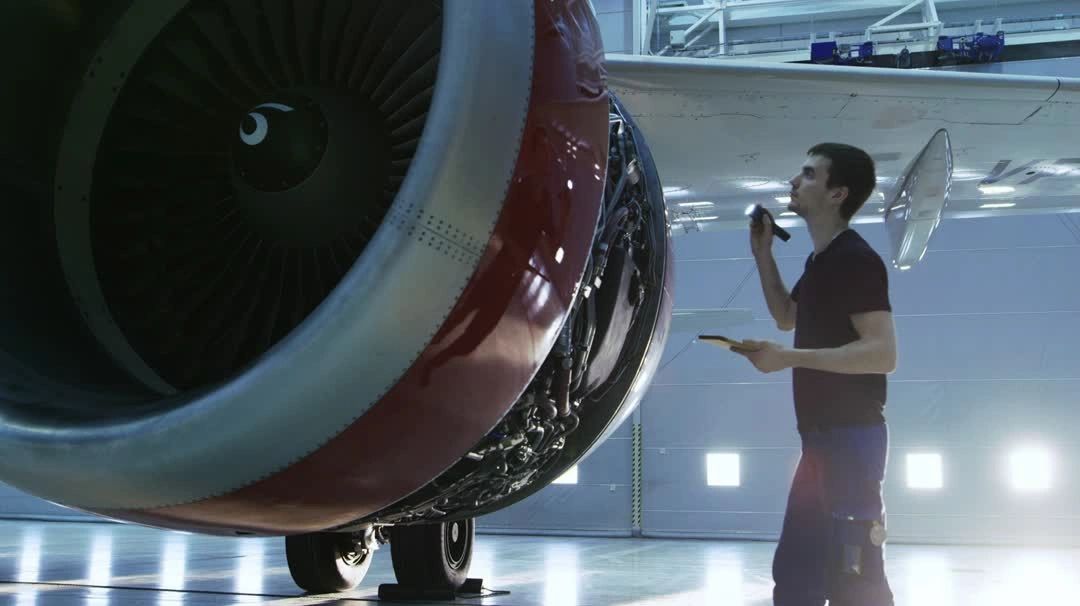


About us
We are a Canadian company incorporated in 2008, with the main office in the Greater Montreal Area. We offer inspection services by our certified welding inspectors in Montreal and with third-party partner inspectors in Ontario, Alberta, British Columbia, and the Atlantic Provinces.

Our Five Values
We work for our Clients as it is our own company!
We act with honesty and integrity!
We keep our promises!
Continuous improvement is part of our day-to-day!
We support local communities!
Third-party Inspections
Mining Equipment
Mining Equipment
Mining Equipment

Mining equipment, mostly for bulk material handling systems is typically composed of stationary machinery. Advanced bulk material handling systems feature integrated bulk storage, conveying, and discharge. Some of the equipment inspected by our welding inspectors are: bucket elevators, screw and belt conveyors, pneumatic conveyors, stacker reclaimers, ship loaders and ship unloaders for the mining, steel and aluminum industries.
Pulp and paper
Mining Equipment
Mining Equipment

An important part of the equipment inspected for the pulp and paper industry is related to steam. The steam is estimated to be around 40% of the total energy. Recovery of pre-treatment steam during pulping and the steam for drying is important for reusing energy. Equipment inspected by our certified CWB, ASME inspectors: boilers, evaporators, de-aerators, digesters, blow tanks, accumulators and liquor heaters for pulp mills. Pressure and vacuum washers for bleach washing.
Structural Steel
Structural Steel
Structural Steel

Structural steel inspection requires meticulous verification of material properties and fabrication quality to ensure compliance with engineering specifications. Examination of mill test reports confirms chemical composition and mechanical properties while conducting dimensional checks to verify that members conform precisely to shop drawings. Visual and non-destructive examination identifies potential defects that could compromise structural integrity. Inspectors scrutinize surface preparation and coating applications to ensure proper corrosion protection while confirming that all bolt holes, copes, and connections are fabricated according to approved details
Piping
Structural Steel
Structural Steel

When inspecting large-dimension elbows and piping components for manufacturers, a comprehensive evaluation must address both surface and subsurface defects. Technicians employ advanced non-destructive testing methods including ultrasonic thickness measurement, radiographic testing, and phased array ultrasonics to verify wall thickness uniformity and detect internal flaws. Particular attention must be given to weld joints, bend radii, and high-stress areas where material degradation commonly occurs. The inspection process must verify compliance with applicable standards such as ASME B31, API, or ISO specifications.
Past Projects
Procurement for projects
Purchasing
Contract formation
Contract formation

Purchasing activities allow the strategic acquisition of equipment and services that meet technical requirements while optimizing cost and delivery. Procurement specialists develop comprehensive bid packages, conduct pre-qualification assessments of potential vendors, and implement competitive tendering processes that ensure transparency and value. They skillfully negotiate contract terms, payment schedules, and performance guarantees while maintaining clear documentation of all commercial transactions and technical clarifications. Throughout the project lifecycle, purchasing teams coordinate closely with engineering, expediting, and construction.
Contract formation
Contract formation
Contract formation

Contract formation for projects establishes the legal and operational framework that governs the relationship between parties throughout the project lifecycle. This critical process begins with a precise definition of scope, performance criteria, and deliverables, followed by a clear allocation of responsibilities, risks, and remedies for non-performance. Skilled contract specialists develop terms and conditions that address project-specific challenges while incorporating dispute-resolution mechanisms. They carefully structure payment provisions, change management procedures, and performance incentives to align contractor motivation with project objectives.
Contract adminstration
Contract adminstration
Contract adminstration

Effective contract administration forms the backbone of successful project execution by establishing clear accountability for performance, cost, and schedule commitments. A skilled contract administrator meticulously documents all changes, monitors deliverables against established milestones, and maintains comprehensive records of communications between all parties. They proactively identify potential issues, facilitate the resolution of disputes, and ensure proper processing of payment, based on verified progress.
Expediting
Contract adminstration
Contract adminstration

Expediting activities in projects serve as the ink between procurement strategy and project execution by systematically tracking the progress of materials, equipment, and vendor deliverables against established milestones. Skilled expeditors maintain constant communication with suppliers through regular status meetings, visits to manufacturing facilities, and detailed progress reports that identify potential bottlenecks before they impact the critical path. They verify production schedules, and shipping arrangements while coordinating with planning and construction to adjust sequencing when unavoidable delays occur.
Special project: Automated Guided Vehicles at CHUM Hospital
Site management
We provide a wide range of consulting services to help foreign businesses manage their local projects in the Greater Montreal Area. In the case of CHUM project, we have been the manufacturer representative and we managed the local contractors, the regional procurement (North America), installation, start-up and commissioning and the training of local end users.